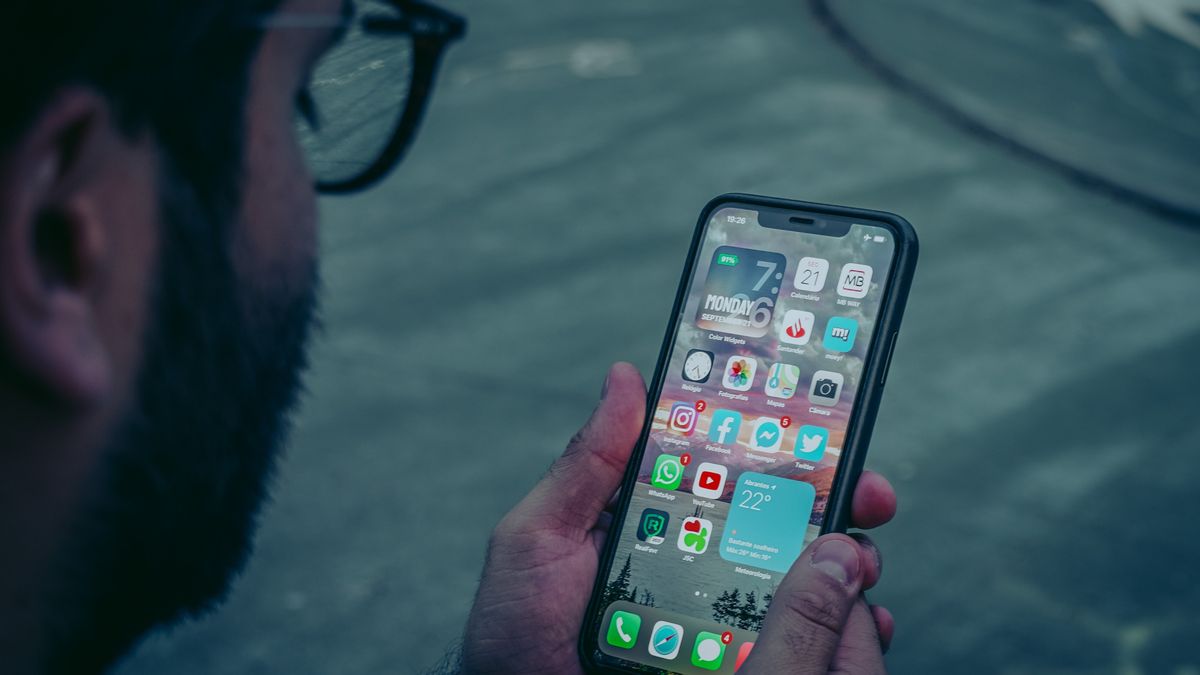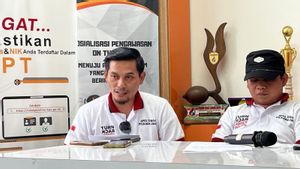JAKARTA - Apple has just obtained a new patent related to its biometric security system, Face ID. The patent details the next generation of advances in facial recognition technology, which will use facial heat mapping for authentication.
According to a report from PatentlyApple, it was the US Patent and Trademark Office that granted the Cupertino-based giant a new patent.
Nowadays, this form of biometric security is a very common feature in most smartphones. For example, physical fingerprint scanners, on-screen fingerprint scanners, and facial recognition.
Now, Apple is working on the next-generation Face ID technology that maps the heat on the user's face for authentication.
Traditionally, today's facial recognition technology mostly uses images of users' faces. However, the main drawback of this method is that wearing glasses, masks, or long hair can hinder the authentication process.
This is where Apple's new technology can solve the problem by mapping the heat from the user's face. This occlusion heat map can map various surface areas of the face.

In other words, the occlusion value assigned to this region can be considered a unique signature recorded by the device. This means that each person's unique facial heat tag can be used to unlock Apple devices.
This in turn can help eliminate the problem of conventional facial recognition technology and also enable companies to continue using the Face ID system.
Last year, Apple also obtained a patent that is still related to Face ID. This technology will be applied in Mac computers. That means, this security feature will be present on Mac.
The Face ID system can not only be used to identify, but can also be used to determine the user's view and take action based on it.
If the Face ID feature is really present on Mac, this can help accessibility for those with disabilities. For example, they can use their eyes to see an icon on the screen to open an application.
The English, Chinese, Japanese, Arabic, and French versions are automatically generated by the AI. So there may still be inaccuracies in translating, please always see Indonesian as our main language. (system supported by DigitalSiber.id)













